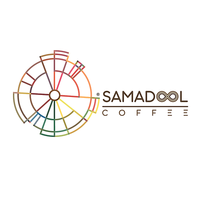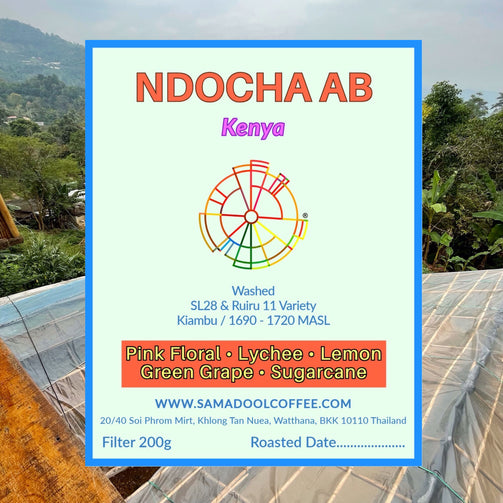
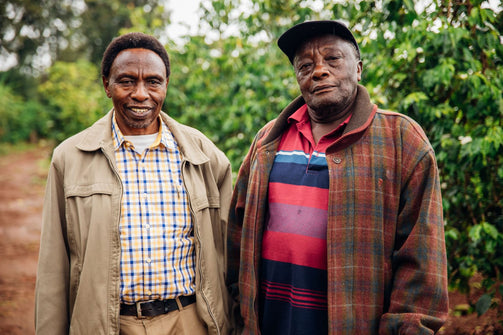
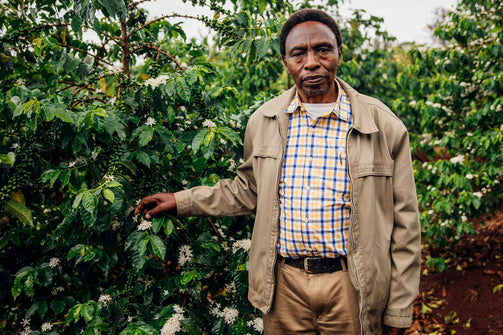
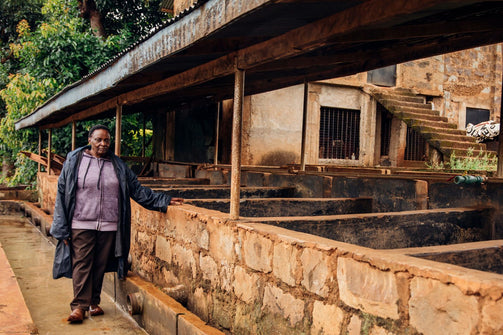

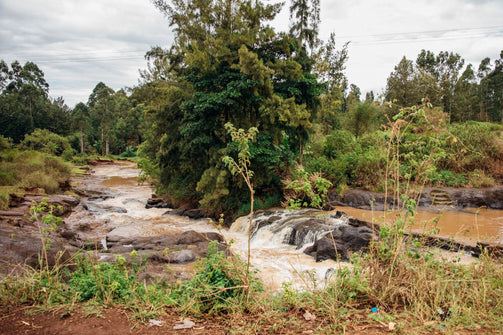
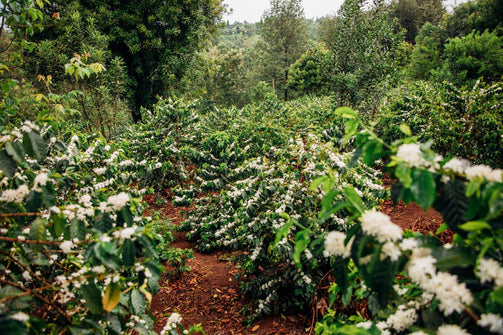
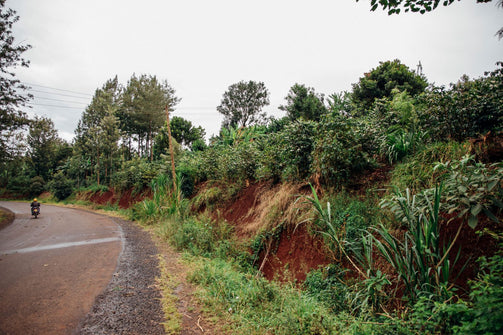
Ndocha AB ( Filter Roasted )
Ndocha AB ( Filter Roasted )
- Regular price
- 690.00 ฿ THB
- Regular price
-
- Sale price
- 690.00 ฿ THB
- Unit price
- per
COUNTRY: Kenya
REGION: Central Kenya
COUNTY: Kiambu
ESTATE: Ndocha
ESTATE OWNER: Geoffrey Gachogo Karugondo
ESTATE ELEVATION: 1,690-1,720m above sea level
ESTATE SIZE: 25 Hectares
VARIETY: SL28, Ruiru 11
COFFEE GRADE: AB
PROCESSING: Washed
Ndocha is a family-owned and operated coffee farm located in Kiambu County, in Kenya’s central highlands, owned by Geoffrey Gachogo Karugondo. The farm was initially part of a larger estate, Muhathi, which was inherited by Geoffrey and his siblings on their parents’ passing and divided into three plots: Dagitu, Muhathi and Ndocha. Geoffrey and his siblings, Peris and Danson, manage their shambas independently and share a wet mill which was built by their father in the 1980s. Each sibling processes and markets their coffee as a separate lot.
During harvest, the siblings employ up to 50 local pickers who have been trained to pick only the ripest red cherry. The pickers meticulously hand sorted the cherry to remove any under ripes before processing. Pickers are paid by volume of fruit picked, or on a day rate when there isn’t much cherry to collect.
After careful hand sorting, the coffee was pulped in the late afternoon of the day it was picked, using a three-disc pulping machine, which removes the skin and fruit from the inner parchment layer that protects the green coffee bean.
The parchment was then dry fermented overnight, or up to 24 hours depending on the weather, to break down the sugars and remove the mucilage (sticky fruit covering) from the outside of the beans. The coffee was checked from the following morning onwards, and when it smelled ready, it was rinsed and removed from the tanks.
Using clean water from the nearby Komothai River, the parchment-covered coffee was then washed and graded in water channels, before being transferred to raised drying tables. During the drying stage, which takes up to three weeks, the coffee was turned constantly to ensure it was dried evenly, until it reached 11–12% humidity. To protect it from the elements and avoid condensation, all drying parchment is packed and put away during the night, and laid out to dry again in the morning.
After the coffee reached the targeted moisture content, it was transported to the local Komothai County dry mill before being processed for export. Geoffrey and his siblings chose this particular processing site for their coffee because they offer some of the best traceability in Kiambu.
RECOMMENDED Suitable for Filter brewing methods and French press.
**NOTE FOR DELIVERY** An order placing BEFORE 2 PM will arrange on next day delivery. An order AFTER 2 PM will deliver on the next following days.
Couldn't load pickup availability
